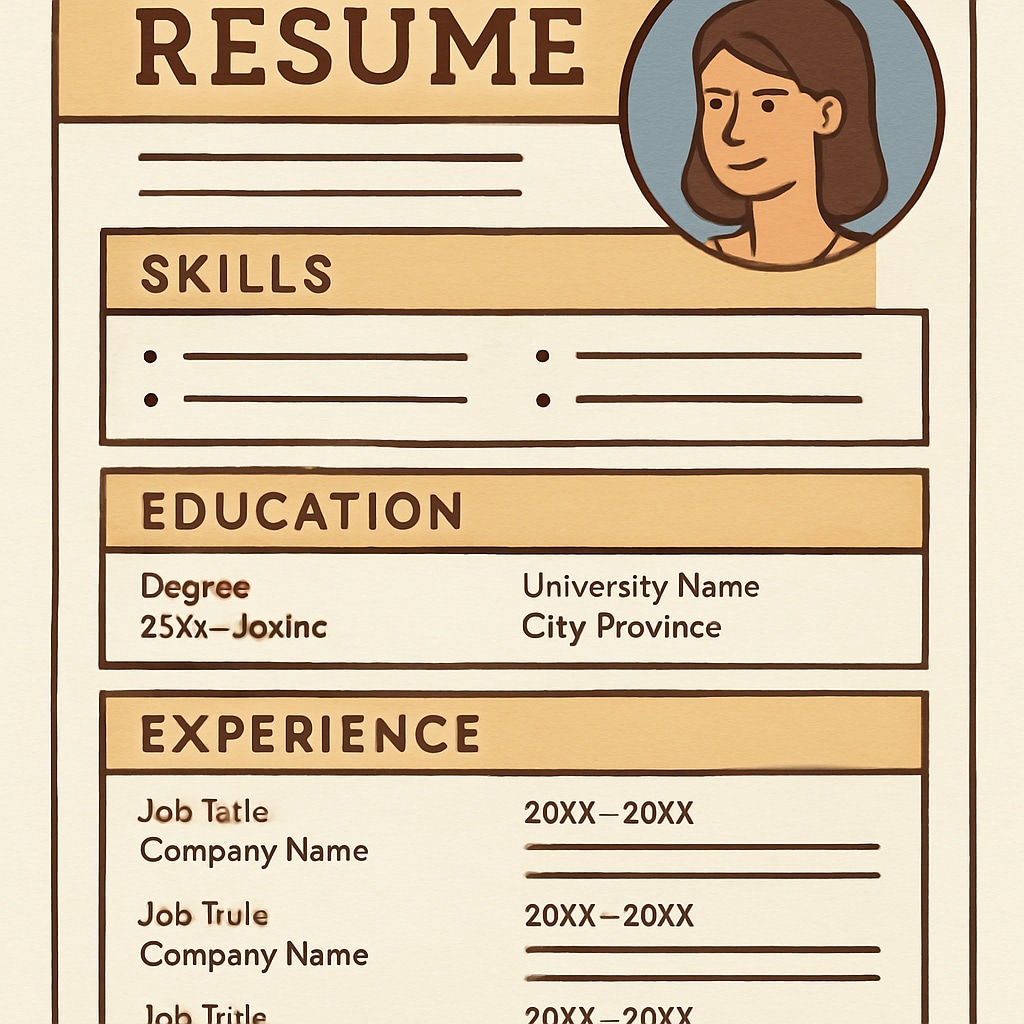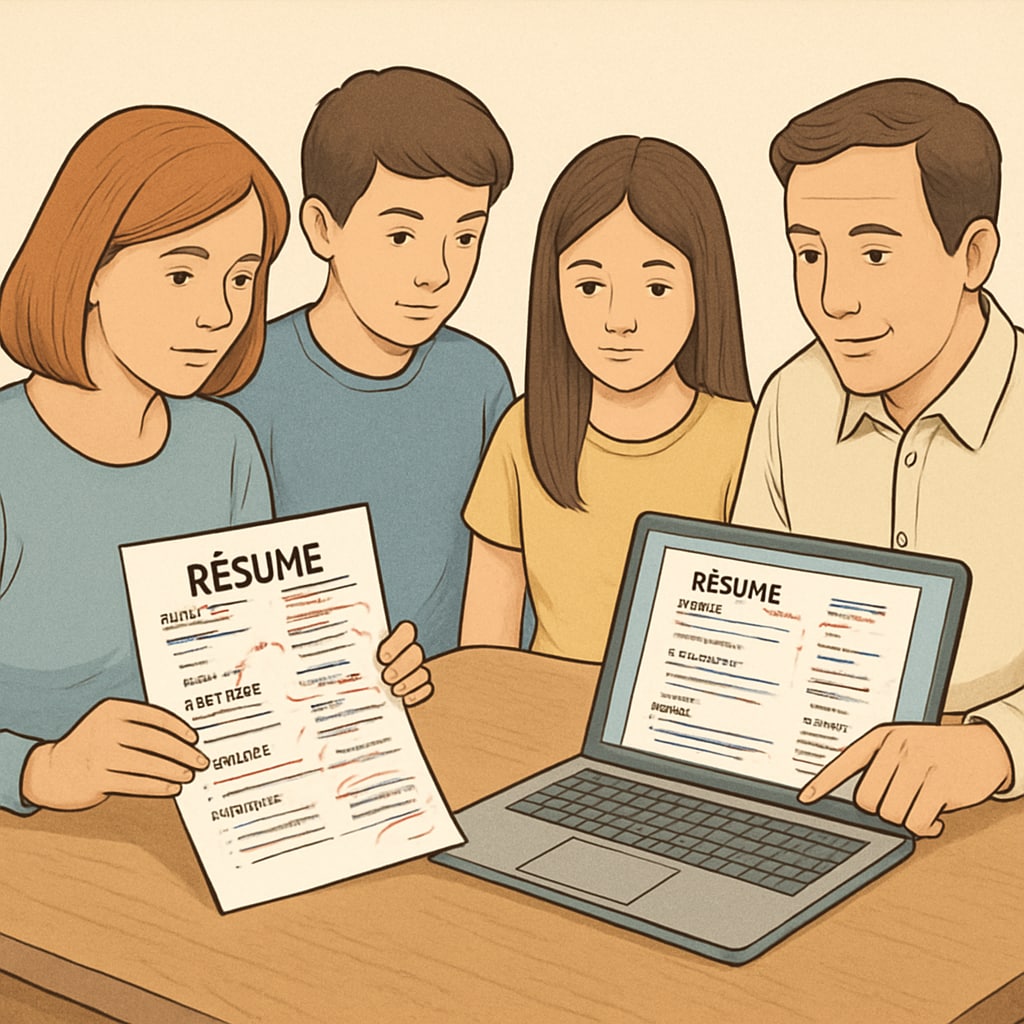Preparing K12 students for the Canadian job market starts with crafting strong, future-ready resumes. Understanding Canada’s resume culture and providing targeted guidance can significantly enhance students’ career readiness. In this article, we examine how educators and parents can support students in developing critical professional skills, while tailoring their resumes to align with the expectations of Canadian employers.
Understanding Canadian Resume Culture
Canadian resumes are distinct in their emphasis on clear, concise, and targeted information. Unlike some countries that use CVs (curriculum vitae) with exhaustive details, Canadian resumes typically focus on showcasing relevant skills, experiences, and achievements. For K12 students, this means highlighting extracurricular activities, volunteer work, and any early exposure to their career interests.
Key elements of a Canadian resume include:
- Contact Information: Full name, phone number, email address, and LinkedIn profile (if applicable).
- Career Objective or Summary: A brief statement outlining the candidate’s goals and qualifications.
- Skills Section: A list of technical and soft skills tailored to the job application.
- Education: Academic achievements, including relevant coursework or certifications.
- Experience: Volunteer work, internships, or part-time jobs.

Building Career Awareness in K12 Education
Early career awareness fosters confidence and clarity in students as they transition to the workforce. Educators and parents can play an essential role by introducing concepts of career development and encouraging students to explore their interests. Activities such as career fairs, guest speaker sessions, and mentorship programs can inspire students to consider their professional futures.
Practical steps for building career awareness include:
- Integrating Career Planning into Curriculum: Schools can embed career-oriented lessons within subjects like social studies or business.
- Promoting Volunteerism: Encourage students to engage in community service, which builds relevant skills and demonstrates initiative.
- Introducing Digital Tools: Platforms like LinkedIn and portfolio websites allow students to showcase their achievements and network with professionals.
How Parents Can Support Resume Development
Parents are pivotal in guiding students through the resume-building process. By focusing on their children’s strengths and achievements, they can help create a narrative that appeals to Canadian employers. For example, parents can encourage students to participate in extracurricular activities, take online courses, or engage in creative projects that demonstrate initiative and skill development.
Tips for parents to assist with resume building:
- Highlight Achievements: Help children identify and articulate their accomplishments, such as leadership roles in clubs or academic awards.
- Provide Feedback: Review draft resumes and provide constructive criticism to refine content and format.
- Encourage Networking: Support students in connecting with professionals or mentors for career advice.

Conclusion: Preparing Students for the Future
Helping K12 students craft future-ready resumes requires collaboration between educators, parents, and the students themselves. By fostering career awareness and emphasizing the unique features of Canadian resume culture, young learners can confidently step into the job market. These efforts not only prepare students for future opportunities but also empower them to pursue their passions and contribute meaningfully to society.
For further insights into Canadian resume standards, visit Resume on Britannica or explore Resume on Wikipedia.
Readability guidance: Use short paragraphs and lists to simplify key points; maintain active voice and concise phrasing; incorporate transition words such as “for example,” “in addition,” and “as a result” for smooth readability.


